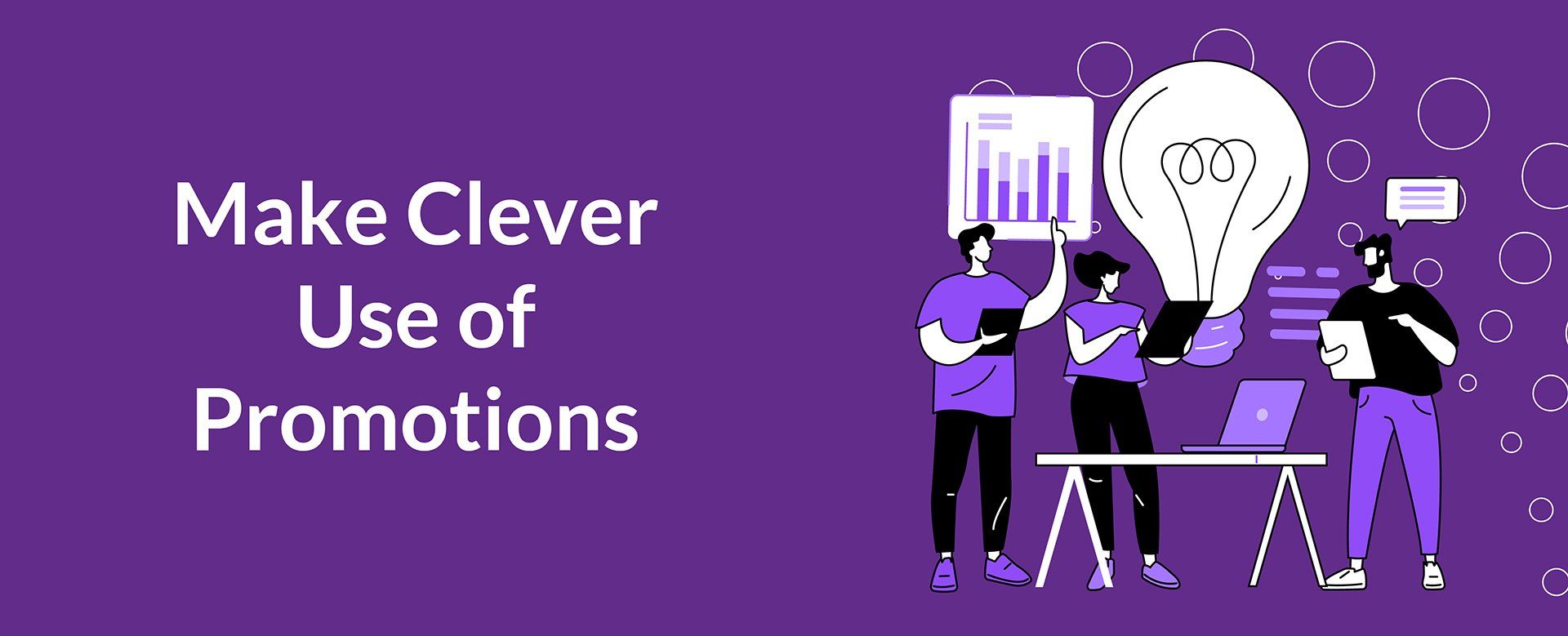How To Generate Repeat Sales
Every Small Business relies on making sales to exist, and those that want to grow need to make new sales. But being hyper focused on finding new Customers to make new sales sometimes leads people to forgetting that there’s a finite number of Customers available to their business.
If you only ever pay attention to new sales you’re going to miss out on one of the greatest assets available to you, repeat sales. When a Customer makes their way through your sales process and then decides to come back for another go, that’s a repeat sale.
While things are going to be different if you’re selling backyard swimming pools, for many businesses, repeat Customers returning to make multiple purchases will form the solid foundation on which their growth is built.
Today we’d like to look at how you can establish a sales environment that encourages
repeat business. Steady sales are the best sales.

Good First Impressions Are Essential
Not to panic you, but you need to work fast if you want to generate repeat sales. Extremely fast. From the very first second a new Customer begins interacting with your business they’re evaluating your performance. If they don’t like what they see, they won’t come back. If they really don’t like it, they won’t even finish this first sale.
A good Customer experience is essential to any Small Business that wants to remain profitable in the long term. Make sure you’re covering all aspects of the user experience and covering them well.
This includes making information easy to find, having a simple checkout process, using jargon-free plain english in all your writing, and fixing any technical issues as soon as possible.
Once the Customer has made their purchase, the product or service they’ve purchased also needs to be of the level of quality they’re expecting, and their every interaction with your team needs to be pleasant.
Long story short, they need to have an amazing experience. Satisfied Customers draw in new Customers, and become repeat Customers themselves.

Make Sure You Build Trust
A major aspect of giving your Customers an amazing experience is building trust between you. This isn’t a one and done situation, you’re building a relationship, and relationships are built on trust.
This requires a couple of things, the most important thing being keeping your promises. If you say you can do a job, you have to do that job. If you give a timeframe for something, you’d better have a very good reason if you fail to hold to that timeframe.
Once damaged trust is difficult to repair, make sure you hold yourself to your promises and deliver what you agreed to. This is part of providing your Customers with a positive experience that makes them want to come back.
Your expertise is an asset you can leverage to build trust in your abilities. Demonstrate to your Customers during your conversations and over the course of your work that you know what you’re doing. Being able to leave things in the hands of a capable professional is a reassuring prospect.
Being a professional means also being honest about what you can’t do. If you can’t bake 300 donuts before tomorrow, don’t take a job to bake 300 donuts before tomorrow.
Overpromising is a great way to break trust, while your Customers might be disappointed now, they’ll appreciate your honesty in the long run.

Make Clever Use of Promotions
Following along with everything we’ve covered so far is the key to developing a positive relationship that will lead to repeat business. You won’t get far at all neglecting these lessons, so don’t think promotions can replace them.
What promotions and special offers can do however is grease the wheels a little, encouraging Customers to come back just a little bit sooner than they otherwise would.
The best known example of this kind of promotion is the loyalty card and its digital equivalents. This is a system where spending money with you earns your Customers discounts, with more spending leading to greater savings.
Having those points sitting there, already earned and simply waiting to be redeemed, is a great way to encourage your Customers to spend just a little bit more just a little bit more often.
Repeat Customers are the bread and butter of many a Small Business, neglect them at your own risk. With a solid basis of returning Customers to rely on, a business is much more likely to survive and grow than one whose Customer base is more transient. Steady sales are the best sales.










